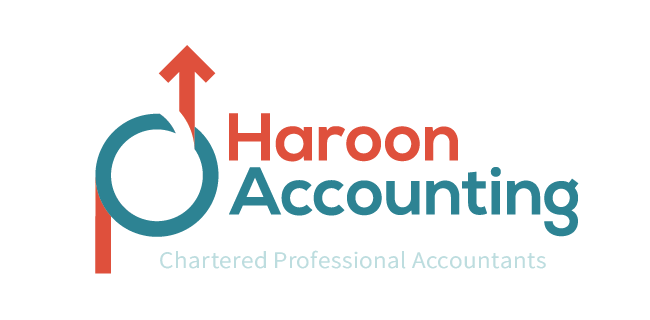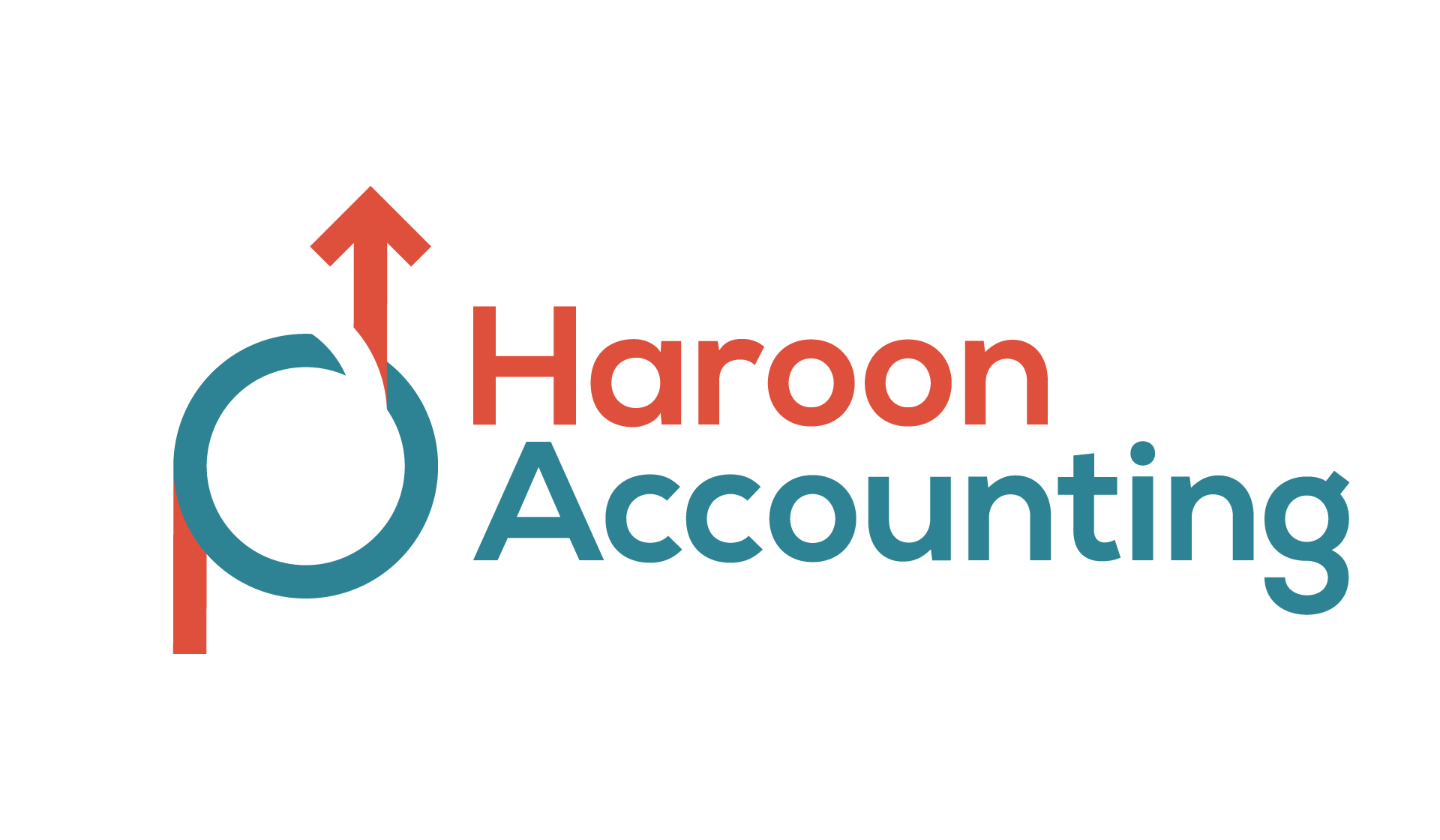On March 18, 2020 the Government of Canada announced a new set of tax and economic measures under Canada’s COVID-19 Economic Response Plan to support the Canadian economy during the COVID-19 global pandemic. While specific legislative proposals in respect of the Economic Response Plan have yet to be released, you will find below a summary of the principal proposed tax measures announced by the Government of Canada which may have an impact to your families and businesses. For any questions, please do not hesitate contact our office directly.
Wage Subsidy for Canadian Businesses
The federal government is proposing to provide eligible small employers a temporary wage subsidy for a period of three months. The subsidy will be equal to 10% of remuneration paid during that period, up to a maximum of $1,375 per employee and $25,000 per employer. Businesses will be able to benefit immediately from this support by reducing their income tax remittances in respect of employee remuneration. Employers eligible for the temporary wage subsidy will include corporations eligible for the small business deduction (Canadian Controlled Private Corporations).
Federal Tax Measures for Businesses
Businesses will be allowed to defer the payment of any income tax, until August 31, 2020, that becomes owing between March 18, 2020 and August 31, 2020. Interest and penalties will not be applicable to these unpaid tax balances during this period. This relief will apply to tax balances due, as well as instalments, under Part I of the Income Tax Act. No interest or penalties will accumulate on these amounts during this period.
In addition, the Canada Revenue Agency will not contact any small or medium businesses to initiate any post assessment GST/HST or Income Tax audits for the next four weeks. Furthermore, for the vast majority of businesses, the Canada Revenue Agency will temporarily suspend audit interactions with taxpayers and their representatives.
Federal Tax Measures for Individuals
Temporary Income Support for Individuals
The federal government has proposed measures to provide income support to workers without paid sick leave.
- For workers who normally qualify for Employment Insurance (EI), the requirements for a medical certificate, and the one-week waiting period will be waived.
- For individuals who do not qualify for EI sickness benefits (including self-employed persons) and are quarantined or sick with COVID-19, or are taking care of family members who are sick with COVID-19, a new Emergency Care Benefit of up to $900 in bi-weekly payments for up to 15 weeks. The Emergency Care Benefit will also be extended to parents of children who require care or supervision due to school closures, and are unable to earn employment income. Application for this benefit will be available in April 2020.
Longer-Term Income Support for Individuals
The federal government is proposing to implement an EI Work Sharing Program, which will provide EI benefits to workers who agree to reduce their normal working hours as a result of developments beyond the control of their employers, by extending the eligibility of such agreements to 76 weeks.
GST/HST and Canada Child Benefit Credits
- A one-time special payment of the GST/HST credit to be paid by May 2020, which will double the maximum GST/HST credit for qualifying households for the 2019-2020 benefit year. The average boost to income for those benefiting from this measure will be close to $400 for single individuals and $600 for couples.
- An increase of $300 per child to the maximum annual Canada Child Benefit (CCB) amount for the 2019-2020 benefit year, which is also expected to be paid in May 2020.
Registered Retirement Income Funds (RRIFs)
The government is proposing to reduce the required minimum withdrawals from RRIF’s by 25% for 2020, in recognition of volatile market conditions and their impact on many senior’s retirement savings.
Student Loans
The government is proposing to place a six-month interest-free moratorium on the repayment of Canada Student Loans for all individuals in the process of repaying these loans.
Tax Filing and Payment
For individuals (other than trusts), the income tax return filing due date will be deferred until June 1, 2020.
The Canada Revenue Agency will allow all taxpayers to defer, until August 31, 2020, the payment of any income tax amounts that become owing between March 18, 2020 and August 31, 2020. No interest or penalties will accumulate on these amounts during this period.
For trusts having a taxation year ending on December 31, 2019, the return filing due date will be deferred until May 1, 2020.


